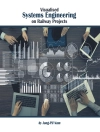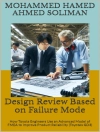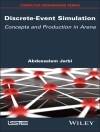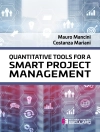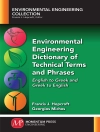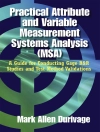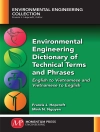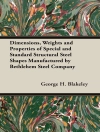This book focuses on metaheuristic methods and its applications to real-world problems in Engineering. The first part describes some key metaheuristic methods, such as Bat Algorithms, Particle Swarm Optimization, Differential Evolution, and Particle Collision Algorithms. Improved versions of these methods and strategies for parameter tuning are also presented, both of which are essential for the practical use of these important computational tools. The second part then applies metaheuristics to problems, mainly in Civil, Mechanical, Chemical, Electrical, and Nuclear Engineering. Other methods, such as the Flower Pollination Algorithm, Symbiotic Organisms Search, Cross-Entropy Algorithm, Artificial Bee Colonies, Population-Based Incremental Learning, Cuckoo Search, and Genetic Algorithms, are also presented. The book is rounded out by recently developed strategies, or hybrid improved versions of existing methods, such as the Lightning Optimization Algorithm, Differential Evolution with Particle Collisions, and Ant Colony Optimization with Dispersion – state-of-the-art approaches for the application of computational intelligence to engineering problems.
The wide variety of methods and applications, as well as the original results to problems of practical engineering interest, represent the primary differentiation and distinctive quality of this book. Furthermore, it gathers contributions by authors from four countries – some of which are the original proponents of the methods presented – and 18 research centers around the globe.
Daftar Isi
Chapter 01- An Overview of the Use of Metaheuristics in Two Phase Equilibrium Calculation Problems.- Chapter 02- Reliability-based Robust Optimization Applied to Engineering System Design.- Chapter 03- On Initial Populations of Differential Evolution for Practical Optimization Problems.- Chapter 04- Application of Enhanced Particle Swarm Optimization in Euclidean Steiner Tree Problem Solving in RN.- Chapter 05- Rotation-Based Multi-Particle Collision Algorithm with Hooke-Jeeves Approach Applied to the Structural Damage Identification.- Chapter 06- Optimization in Civil Engineering and Metaheuristic Algorithms: a Review of State-of-the-Art Developments.- Chapter 07- A Bioreactor Fault Diagnosis Based on Metaheuristics.- Chapter 08- Optimization of Nuclear Reactors Loading Patterns with Computational Intelligence Methods.- Chapter 09- Inverse Problem of an Anomalous Diffusion Model Employing Lightning Optimization Algorithm.- Chapter 10- Study of the Impact of the Topology of Artificial Neural Networks for the Prediction of Meteorological Data.- Chapter 11- Constructal Design Associated with Genetic Algorithm to Maximize the Performance of H-shaped Isothermal Cavities.- Chapter 12- Co-Design System for Tracking Targets using Template Matching.- Chapter 13- A Hybrid Estimation Scheme Based on the Sequential Importance Resampling Particle Filter and the Particle Swarm Optimization (PSO-SIR).- Chapter 14- Fault Detection Using Kernel Computational Intelligence Algorithms.- Index.
Tentang Penulis
Gustavo Mendes Platt obtained his Ph D from the Federal University of Rio de Janeiro (UFRJ, Brazil, 2001), and is currently an Associate Professor at Universidade Federal do Rio Grande. His research interests include phase and chemical equilibrium, stochastic optimization methods and biomaterials. He has published papers in several high-impact journals. Further, he is a member of the Editorial Board of the International Review of Chemical Engineering (Testo Stampato). He is the former Coordinator of the Graduate Program in Computational Modeling (2015-2018) of the Polytechnic Institute (UERJ), and the former Head of the Optimization and Thermodynamics Laboratory (LTO) at the Polytechnic Institute (UERJ).
Xin She-Yang is a Reader in modeling and optimization at Middlesex University and an elected Bye-Fellow at Cambridge University’s Downing College. His research interests include nature-inspired computation, swarm intelligence, modeling, and optimization. Yang received a DPhil (Ph D) in applied mathematics from the University of Oxford. He is currently chair of IEEE Computational Intelligence Society’s Task Force on Business Intelligence and Knowledge Management.
Antônio José da Silva Neto is a Mechanical and Nuclear Engineer (Universidade Federal do Rio de Janeiro – UFRJ, Brazil, 1983), holding an MSc in Nuclear Engineering (UFRJ, 1989), and a Ph D in Mechanical Engineering (North Carolina State University, USA, 1993). He worked as engineer and researcher for the Brazilian National Nuclear Energy Commission – CNEN (1984-1986), and as consultant and engineer for Promon Engineering (1986-1997). In 1997 he joined the faculty of Universidade do Estado do Rio de Janeiro – UERJ, where he is currently a Full Professor at the Polytechnic Institute.


